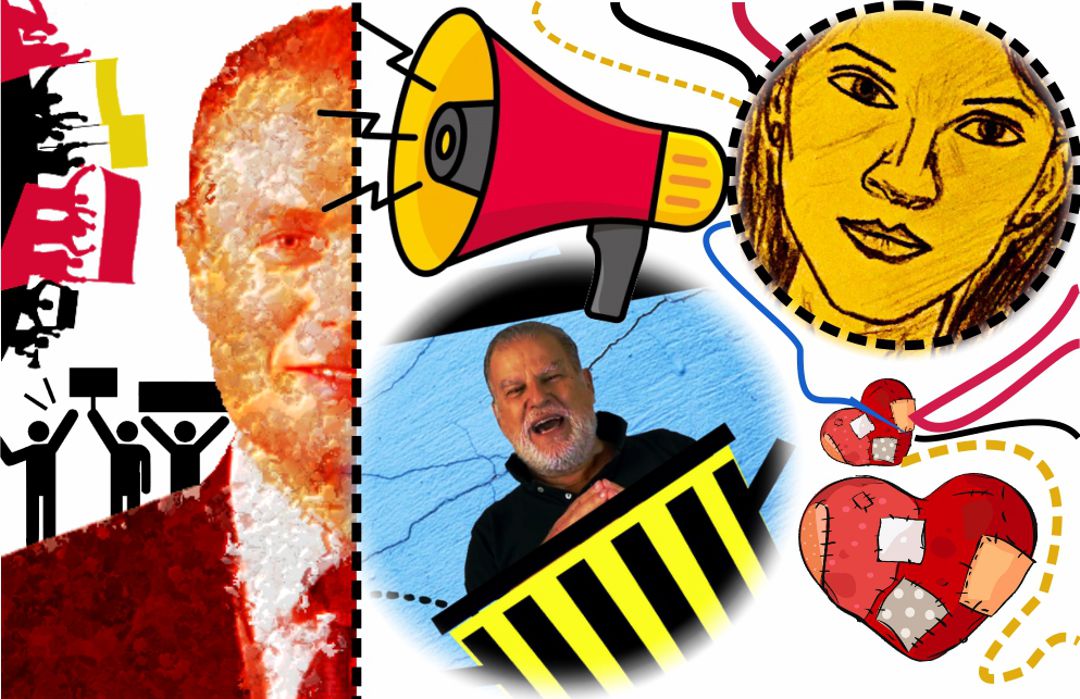
In Malta, 2019 brought political crisis, but also stirred democratic mobilization. These essays, best-loved by our readers and editors, grasp the essence of the year.
by the IotL Magazine
Collage by the IotL Magazine
[dropcap]H[/dropcap]ow did 2019 treat us? European Parliament elections, the breakthrough in Daphne Caruana Galizia murder investigations, the launch of a Pro-Choice Coalition were among the landmark events that will shape our economic climate, political realities and social discourse for years to come.
This year, the essays featured in the IotL Magazine spanned a broad range of topics—from workers’ rights, gender and national identity to art, economy, green and techno-politics. We kept our promise: providing space for calm, in-depth, non-partisan analysis of Malta’s past and present.
Here is a selection of essays loved the most by our readers and editors from the past twelve months.

10. A Sea That Connects and Nurtures Is No Longer Ours. Time to Reclaim It!
by Kristina Borg
The sea has always been the major force that shaped history of Malta. It brought food, goods, storms, visitors, good and bad news.
The seafront as a public space and meeting point seems to be the only resource element that somehow managed to survive until today, but for how long will it prevail?
Negligence of the tangible relationship between the people and their physical environment results in hostile urban planning. How can we convince the authorities that the impact of land reclamation will be irreversible and drastic not only on the nature—the coast, the sea and its ecosystem—but also on the wellbeing and lives of the people?
Is this what we mean by progress?
Read more here or listen to the audio essay below.
9. Wara t-Tradiment / After the Betrayal
by Adrian Grima
The brutal assassination of Daphne Caruana Galizia, the tortuous uncovering of the plot, and the attempts by those who commissioned the murder to cover their tracks and derail the investigations have deepened our national anguish. Because even though we were not involved in this heinous crime, we are, as Maltese citizens, indirectly involved. We allowed the creation of a political environment in which the masterminds and executioners felt emboldened to act.
The allegations that high-ranking officials in the Prime Minister’s Office conspired with a rogue businessman and a loan shark to kill the journalist because of the truth she revealed or was about to reveal remind us of the fragility of democracy and our duty to be constantly vigilant. Read more here.
8. Muslim Students in Maltese Schools: Outsiders Looking in
by Louise Chircop
Various studies indicate that schools do not seem to be free of prejudice. One such study shows how the presence of non-European pupils in a particular school elicited disturbing reactions from teachers, administration and pupils. Some teachers harboured prejudices and generalised certain behaviour as if it pertained to a whole nation or race.
Parents of Muslim students are understandably wary of the tenuous position their children are in. They know that the anti-Muslim/Arab sentiment is not targeted solely at adults and that their children will not be spared their share of unpleasant experiences because of their race and religion. They are also aware that educational institutions are not free from prejudice and bigotry. These parents feel that their children would not be judged by their character and abilities but might be instantly discriminated against because of their differences. Read more here.
7. How British Colonial Rule Took Advantage of the Maltese Carnival
by David Edward Zammit
It was through their ‘tolerance’ of Carnival and other Catholic rituals, that the British aimed to actively prevent social change and any progressive movement from taking place in Malta. Like the spectacular ceremonies of colonial India recently evoked by Jeremy Paxman, British colonial endorsement of Maltese Catholic ritual was the result of a far from innocent political calculus.
Contemporary complaints that Maltese Catholicism is more concerned with empty ceremonies than with social change and that many Maltese people appear to be living in ‘a world of their own’ may owe a lot to this strategy. Read more here.
6. Why I Used to Glorify Norman Lowell and How I’ve Managed to See through His Bullshit
by Anonymous
“We must not give up on those who seem to be on the other side of the fence—after all, I too rallied behind Lowell in the past and I changed since then. And so can others.
In the mid 2000s, when I was in my early teens—13-14 years old—I got particularly attracted to Norman Lowell and remained a hardcore fan of his until the age of 16. Right now, I almost cannot believe that I supported him with so much zeal. This story is both a confession and a reflection on the way I related to the world back then.” Read more here.
5. ‘But, Where Are You Really From?’ Reflections of a Maltese Muslim on Belonging and Identity
by Ibtisam Sadegh
“I grew up seeing my migrant father being bluntly discriminated against, treated as if he were an outsider and a parasite siphoning on Maltese society and this despite his having lived here for over three decades, his fluency in the Maltese language (although with an obvious Arabic accent), Maltese citizenship, wife and kids.
I thus learned from a young age the necessity to continuously navigate my Muslim background, maneuver my identity and emphasize my Maltese-ness. Such daily strategies include me explaining the meaning behind my given name; at times even de-Arabizing it by abbreviating it to ‘Ibti’ or writing inquiring emails in formal Maltese—all in attempt to be recognized and treated as equally Maltese.” Read more here.
4. On Regretting Motherhood
by Liza Caruana-Finkel
Motherhood is always marketed as a worthwhile, fulfilling experience, despite any difficulties that may be present, whilst regret of an unfulfilled life is used to thrust women into motherhood. Regret is only seen as a reality with regards to non-motherhood, and never through the act of becoming and being a mother, because mothers are not allowed to feel regret. It is an illicit emotion that is incompatible with society’s ideal and sacred vision of motherhood, which is seen as existing beyond the human realm of regret.
The perfect, romanticised version of motherhood—the ‘motherhood myth’—needs to be dismantled. Women who are childless by choice are controversial, but women who regret motherhood…? This is the ultimate taboo.
Read more here or listen to the audio essay below.
3. I am a Maltese Woman and I’m Married to a Black Man
by Lara Bezzina
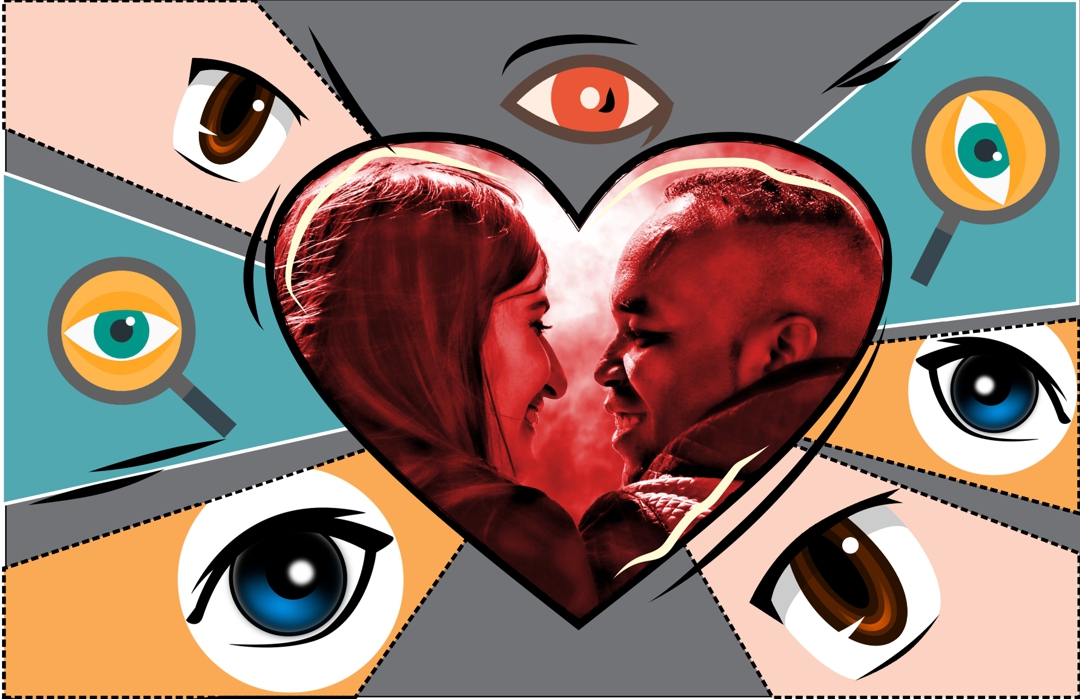
“I’m married to a black man. After the horrendous murder of Lassana Cisse, I became, for the first time, worried about my husband’s safety. Strangers’ prying eyes frighten me now. I fear for his life: what if he’s shot while walking down the street? What if he’ll be murdered in cold blood while waiting for the bus?”
Read more here.
2. The True Cause of Low Wages in Malta? Hint: It’s Not Foreign Workers
by Raisa Galea
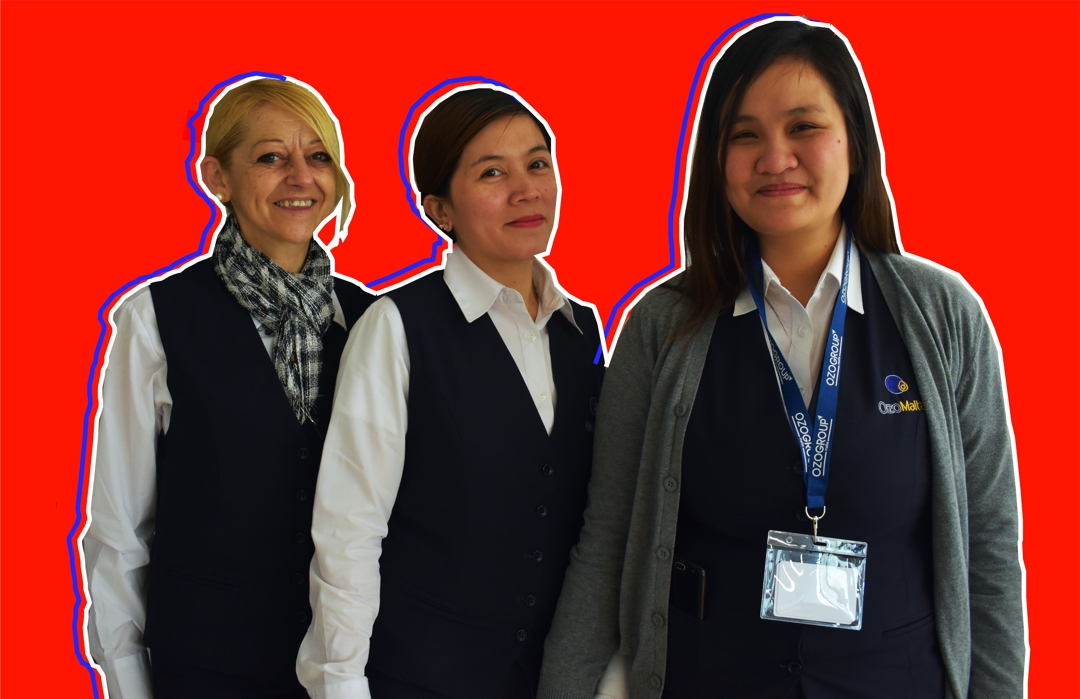
OzoGroup, a private sector employer does indeed treat its workers as mere tools, expecting immense gratitude for the poor remuneration. Its regular employees are paid 5.08 Euro per hour (812.8 Euro a month), slightly above the minimum wage of 4.39 Euro.
Centuries of capitalism should have taught us that private employers prioritise profit above workers’ wellbeing. It goes without saying that no employer would raise wages unless they are pressed to. The way to secure a better pay is at hand, however. Since all of OzoGroup’s two thousand employees—Maltese and foreign—are unionised, the General Workers’ Union could oblige the employer to pay higher salaries. It could resort to the tried and tested means of collective bargaining, such as calling for a strike. Read more here.
1. On Abortion in the Context of Malta: a Medical Doctor’s Perspective
by Gilbert Gravino
It is extremely important to differentiate between being anti-abortion at an individual level and being anti-legalising-abortion (anti-choice), a distinction that is often overlooked. It is perfectly reasonable and respectable for individuals who would never have an abortion themselves to be pro-choice.
In any medical condition it is always best practice to avoid medications and surgery wherever possible, as these always have side effects and risks. However, in certain circumstances where their benefit outweighs the risk, it may be sensible to use these methods. The same applies for abortion. Read more here.

Best Essays According to Our Editors
Heartbreak Spectacle: What “Love Island” Can Teach Us About the Politics of Tenderness
by Maria Theuma
Raisa Galea:
The past few months I spent contemplating on how to consider vulnerability and tenderness. Is it strength? Or is it weakness?
This essay by Maria Theuma was a revelation. By placing tenderness in the context of gender identity politics, she exposes contradictory attitudes expected from women. “Sometimes, when we’re told off for feeling too much and told to feel less, the only option we’re left with is to feel more. The moment we announce pain, we feel the need to disavow it. It’s demanded from us to admit that it hurts, as long as we say that we hate admitting it.”
Tenderness, she writes, is a protest campaign against institutionalised amnesia. We need it now more than ever.
Read more here.

‘Deserving’ vs ‘Undeserving’: Refugees vs Economic Migrants
by Daiva Repečkaitė
Kathrin Schödel:
A categorisation which is all too often seen as a clear-cut and even fair division, the distinction between refugee and economic migrant, is debunked by this article from the view-point of suffering so as to make us rethink the whole logic of current border politics.
Read more here.

How the Sea Has Become Malta’s Only Pavement
by Charlene Galea
Rachael Scicluna:
How are we coping with the continuous noise, clouds of dust and the demise of open space?
Through filming, Charlene Galea shows us an intimate perspective of the locals and what they actually do in order to cope—they gaze outwards at the sea! This simple yet powerful observation transforms all that is familiar to the locals into something strange. The mundane act of gazing at the sea, a taken-for-granted comportment by the many is transformed into a culturally loaded action.
This coping strategy is perhaps a unifying factor in how the Maltese are dealing with the constant loss of familiar landscape and built environment in the immediate. But what about the long-term impact of such loss of modern heritage which is intricately linked to collective memory and a sense of belonging?
Read more here.

“Picking up Rubbish”—It’s Black and White…
by Kathrin Schödel
Joseph Abela:
Kathrin Schödel analyzes the hypocrisy behind one of the minor indecencies of 2019. One of the most striking points was the fact that the hardships associated with the task of ‘picking up rubbish’ is forced upon workers by capital. The technological resources to make tasks easier are there, however these are only deployed to cut jobs.
The last few paragraphs made an interesting reflection on the task of ‘picking up rubbish’ which itself can be seen from various perspectives depending on who is performing the action. Done by black people as part of daily public cleansing, it is a necessary—even if seen as demeaning—affair, while cleanups organized by white middle-class people are seen as a very generous contribution to society.
Read more here.

The Holy Meritocracy: the Great Delusion
by Michael Grech
Francois Zammit:
I chose this article because it questions one of the fundamental precepts of the current age. Meritocracy as a social virtue, has become an accepted truth that is flaunted around by all political parties in their manifestos (although its meaning is then distorted to suit their own needs) and used as a measure of objectivity by many. Meritocracy has become the new American dream!
Read more here.

We promise to maintain our high standards and our utmost devotion to the issues pertaining to social justice in 2020. Please reach to us if you wish to expose injustice and exploitation. Share your views on how Malta could become a country where equality and social wellbeing are prioritised over profit. Be part of the project—contribute!
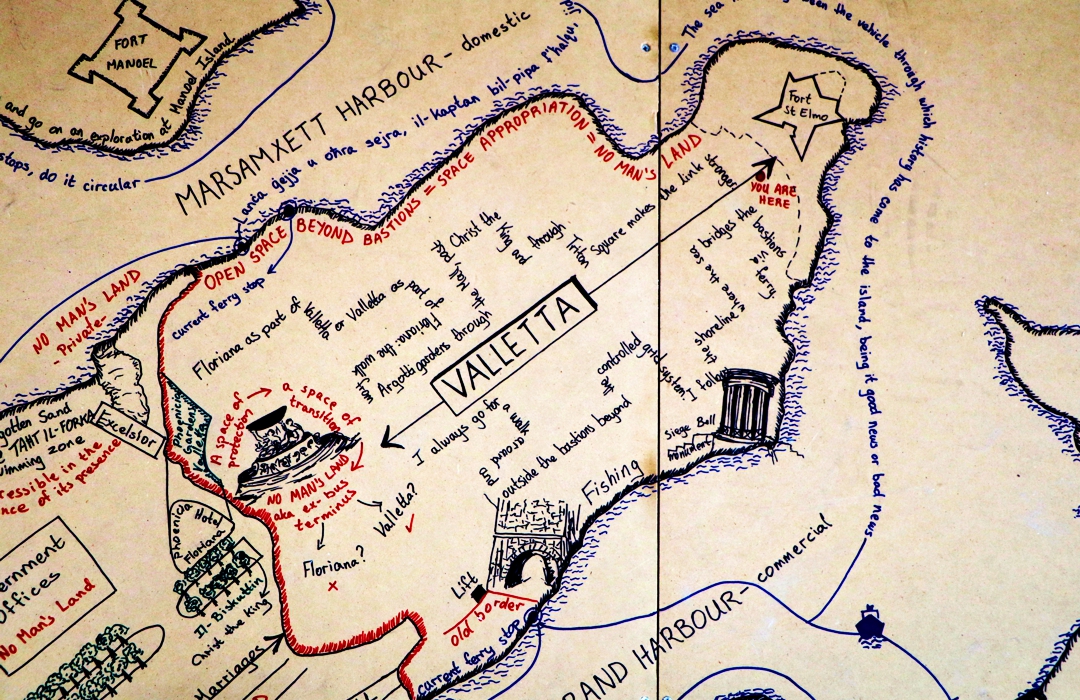
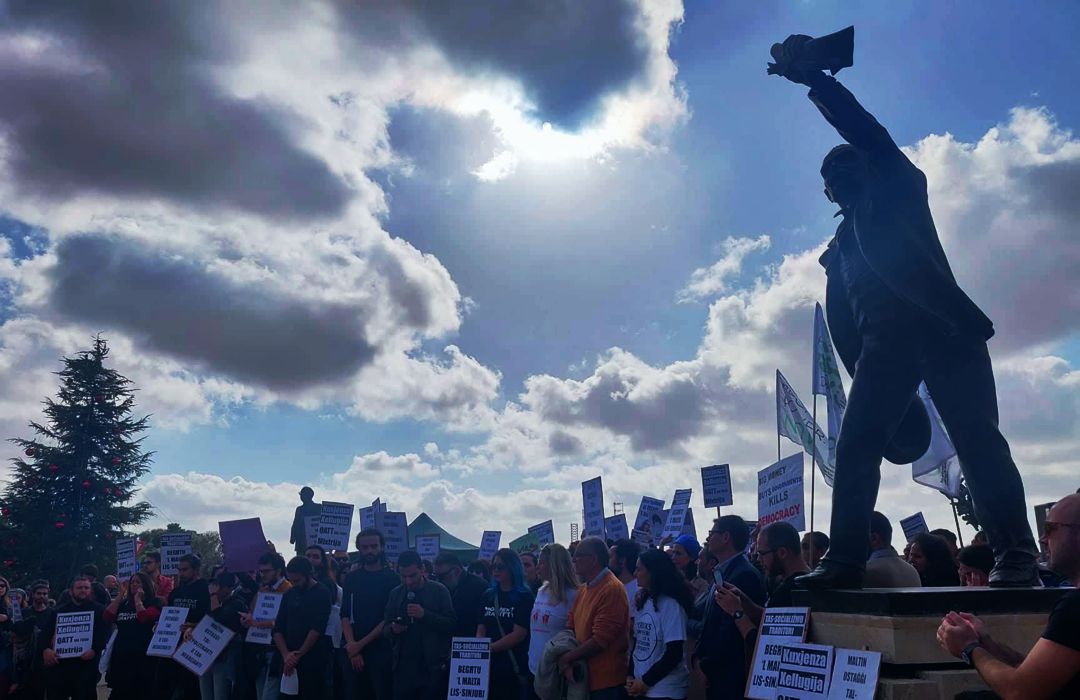
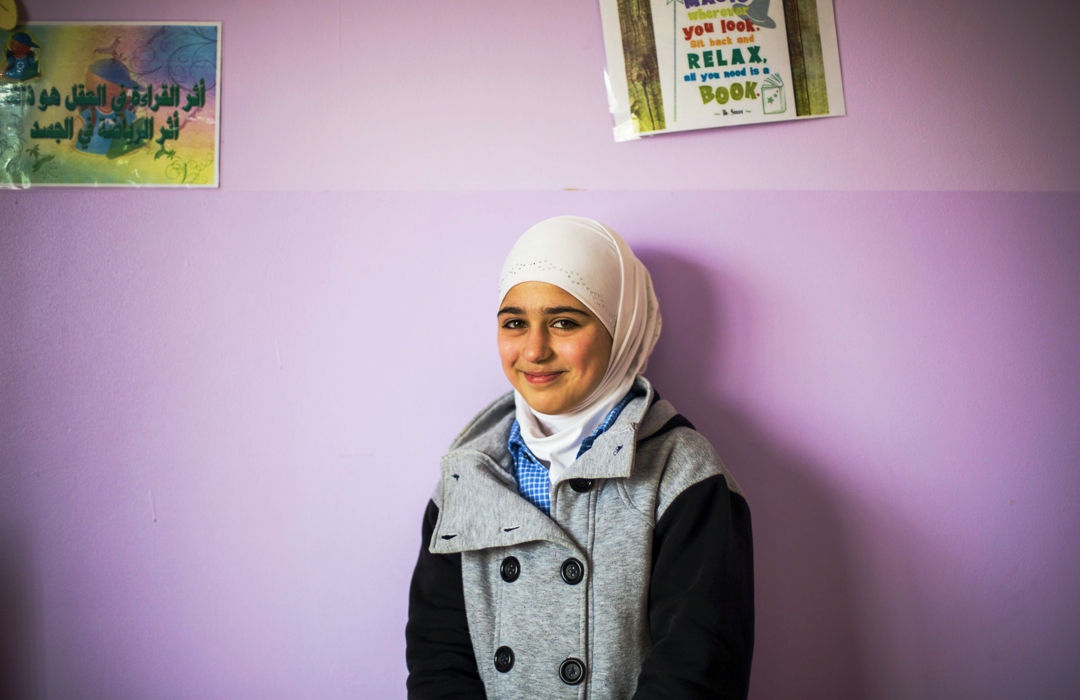

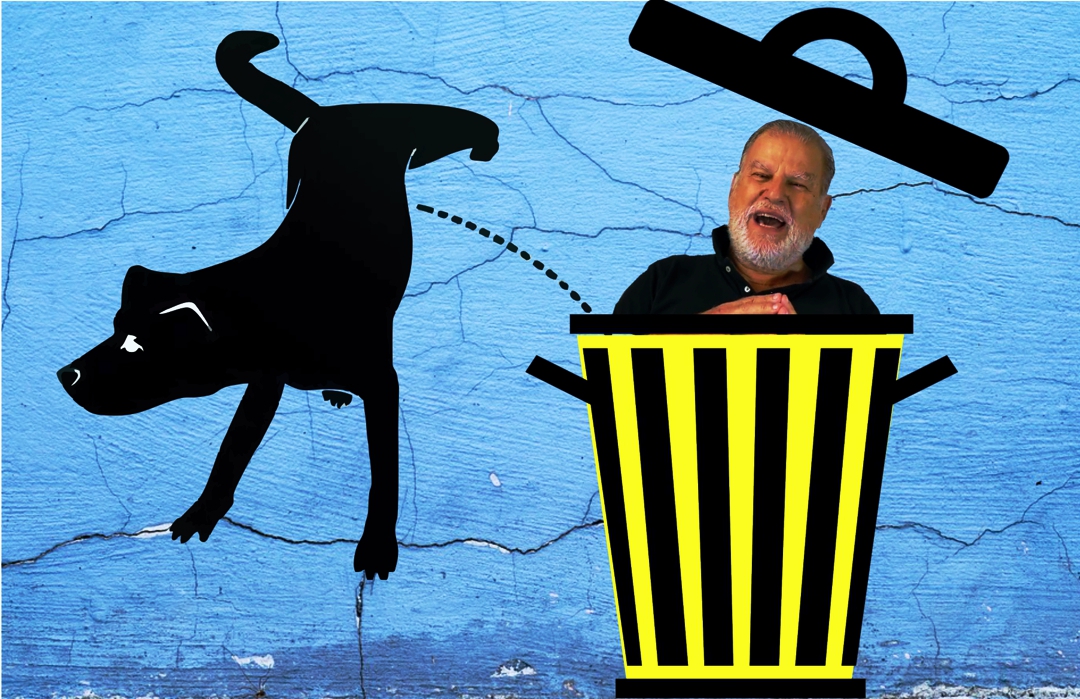
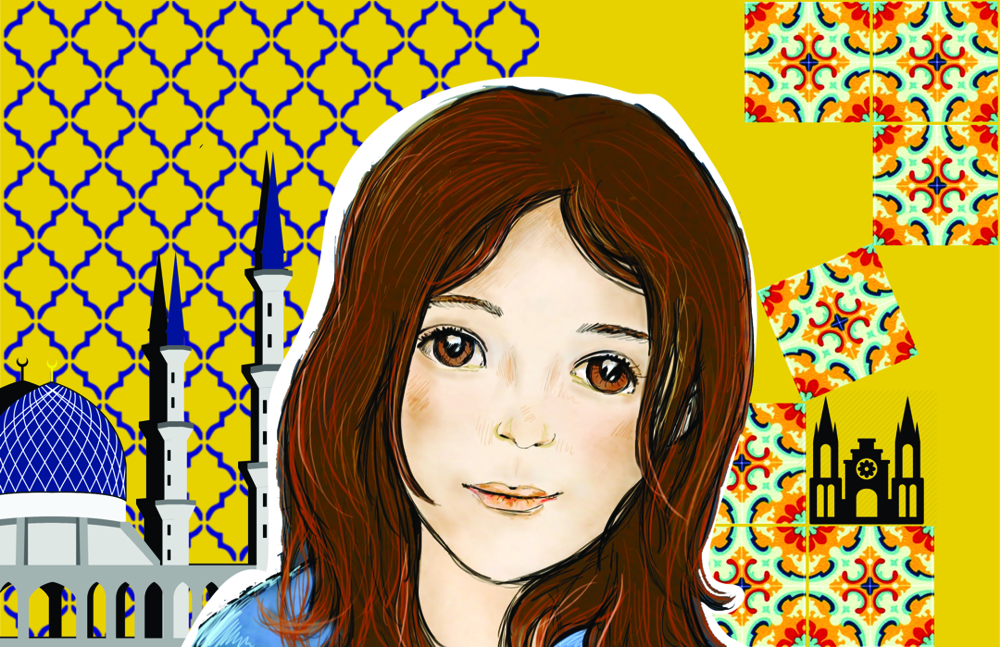
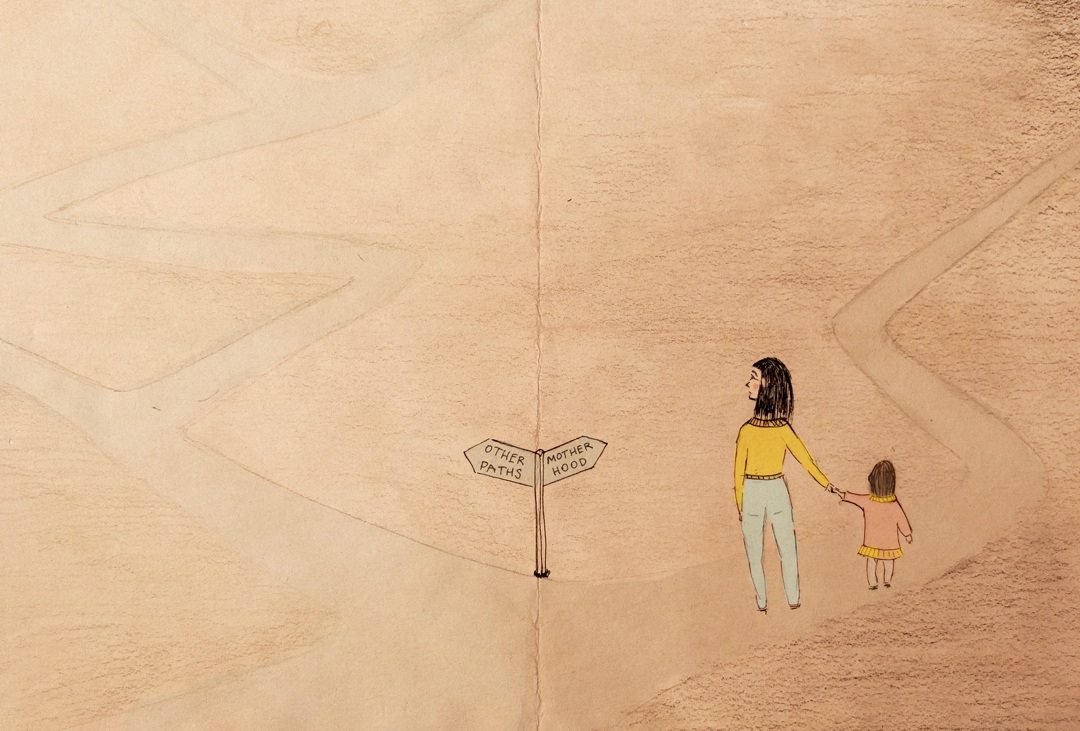
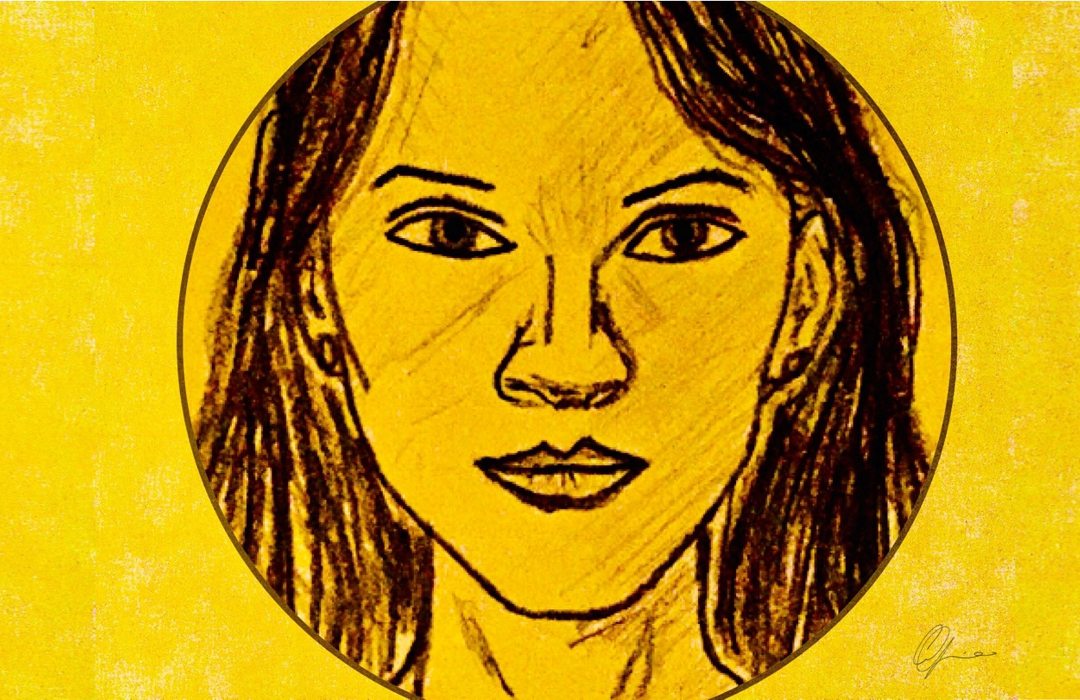
Leave a Reply